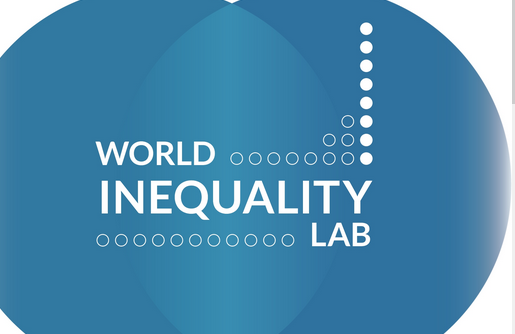Express View on World Inequality Lab report: The unlevel field
A new working paper by World Inequality Lab, a Paris-based research organisation, has come out with estimates that suggest that economic inequality in India has “ skyrocketed since the early 2000s”. The paper titled “Income and Wealth Inequality in India, 1922-2023: The Rise of the Billionaire Raj” states that “the ‘Billionaire Raj’ headed by India’s modern bourgeoisie is now more unequal than the British Raj headed by the colonialist forces”. It ends with a warning: “It is unclear how long such inequality levels can sustain without major social and political upheaval .”
Indeed , the data quoted in the paper is sobering . The four authors, including Thomas Piketty, claim to have combined national income accounts, wealth aggregates, tax tabulations , billionaire rankings, rich lists, and surveys on income, consumption and wealth to create data series going back to 1922 for income inequality and 1961 for wealth inequality. On the income inequality front , their calculations suggest that in 2022-23, 22.6 per cent of India’s national income went to just the top 1 per cent; this is the highest level recorded in the data series since 1922 — higher than even during the inter-war colonial period.
In a global perspective , India’s top 1 per cent income share appears to be among the very highest in the world based on the World Inequality Database, behind only perhaps Peru, Yemen and a couple of other small countries. On the wealth inequality front, the top 1 per cent wealth share stood at 40.1 per cent in 2022-23 — also at its highest level since the start of the data series. The paper also notes that in India wealth is highly concentrated even within the top 1 per cent. The last but not the least remarkable aspect of the findings is that these estimates of inequality are likely to represent “a lower bound ” of the actual inequality levels. That’s because, the authors say, “the quality of economic data in India is notably poor and has seen a decline recently”.
If these assessments are correct, the authors’ policy prescriptions — such as a super tax on Indian billionaires and multimillionaires, restructuring the tax schedule to include both income and wealth etc — might sound reasonable . But that is a big if. That’s because some other economists look at data and reach exactly the opposite conclusions. For instance , in a recent article, economists Surjit Bhalla and Karan Bhasin look at the latest consumption expenditure survey results to say that India has registered an “ unprecedented decline in both urban and rural inequality” between 2011-12 and 2022-23. Clearly, the issue of economic inequality requires a deeper inquiry and a broader debate .
